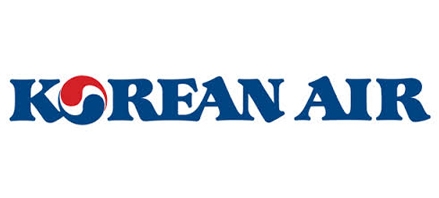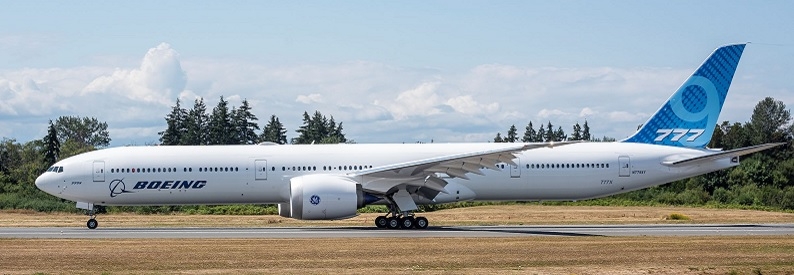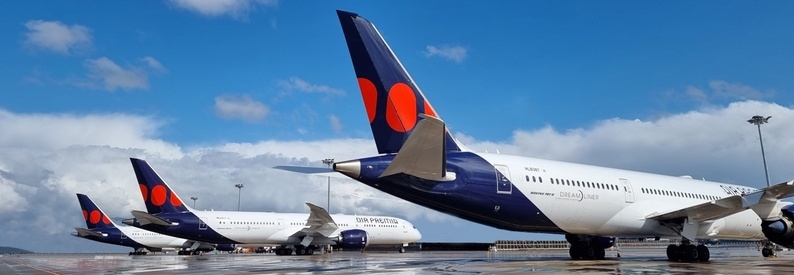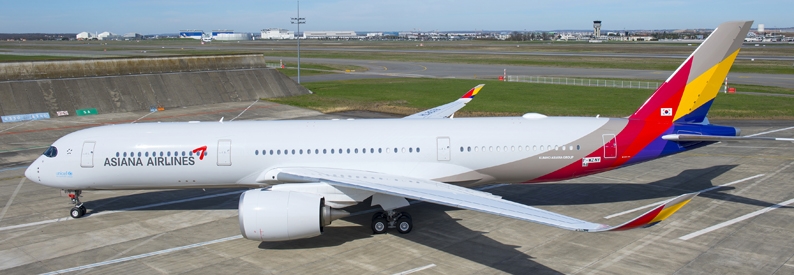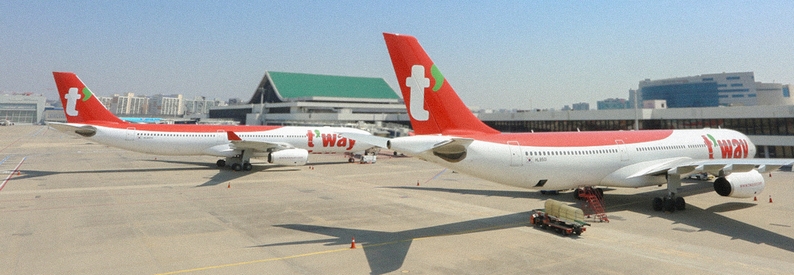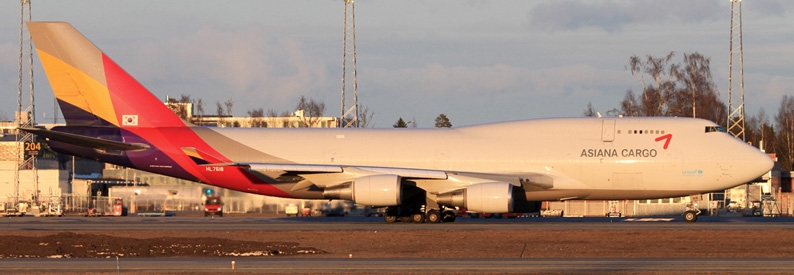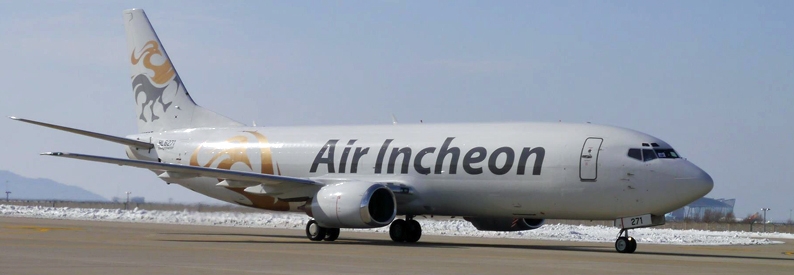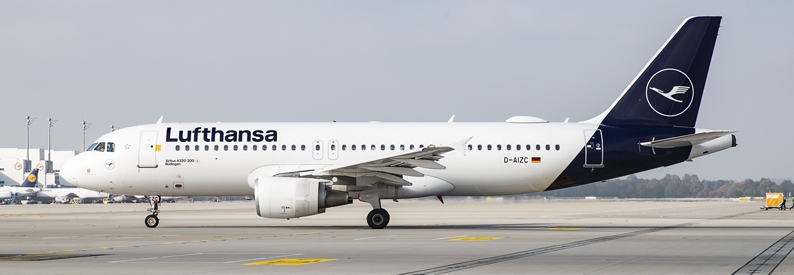Korean Air (KE, Seoul Incheon) is looking to consolidate the number of types it operates as it looks to finalize its widebody fleet renewal plan.
According to Reuters, Chief Executive Officer (CEO) Walter Cho told a media gathering in Jeju last week that the A350 Family from Airbus and the B787, B777X, and NMA (new Midmarket Aircraft) from Boeing were possible contenders to replace its fleet of older fourteen B777-200(ER)s and four B777-300s.
“We have too many fleet types now. Consolidating in one large order will help reduce maintenance costs and pilot training,” he said.
“There is a very high possibility we will expand our fleet on the 787. The 777X would be a good replacement for our current 777 generation and we are also keeping in mind the A350 as well."
Other than a new order, Cho said Korean Air could also choose to firm up existing options for ten B787s. A decision could be made in 2019, he added.
The ch-aviation fleets module shows Korean Air's mainline passenger widebody fleet also includes eight A330-200s, twenty-one -300s, ten A380-800s, three B747-400s, ten B747-8s, twenty-four B777-300(ER)s, and eight B787-9s.
Commenting on improved ties between the two Koreas, Cho said talks about access to North Korean air corridors had already started and that the airline had already begun internal studies to that effect.
“Overflying, there is already talks about that. We are discussing internally about that. It will save a lot of costs for us but we will be very careful about when to start that given US tension with North Korea," he said.
On last week's indictment of his father and Korean Air Chairman, Cho Yang-ho, on charges of embezzlement and breach of trust, Cho said only that the airline's brand and reputation started with its employees. As such, he will seek to improve communications between himself and his staff to ensure their willingness to continue working for Korean Air.
In May this year, disgruntled employees had petitioned South Korea's National Pension Service (NPS) to enforce its shareholder rights and take Korean Air's leadership to task over the relentless slew of investigations levelled against the Cho family, all of which had had a negative impact on its share price. A meeting with management was subsequently called in which the former had to clarify Cho's dealings and how it would recover the company's sinking stock price.
Risk-averse NPS has since moved to reduce its shareholding in Korean Air. A KOSPI disclosure filed in early October shows its stake in Korean Air has declined from 11.65% to 10.64% and in Hanjin Group, the airline's majority shareholder, from 11.58% to 8.35%.
